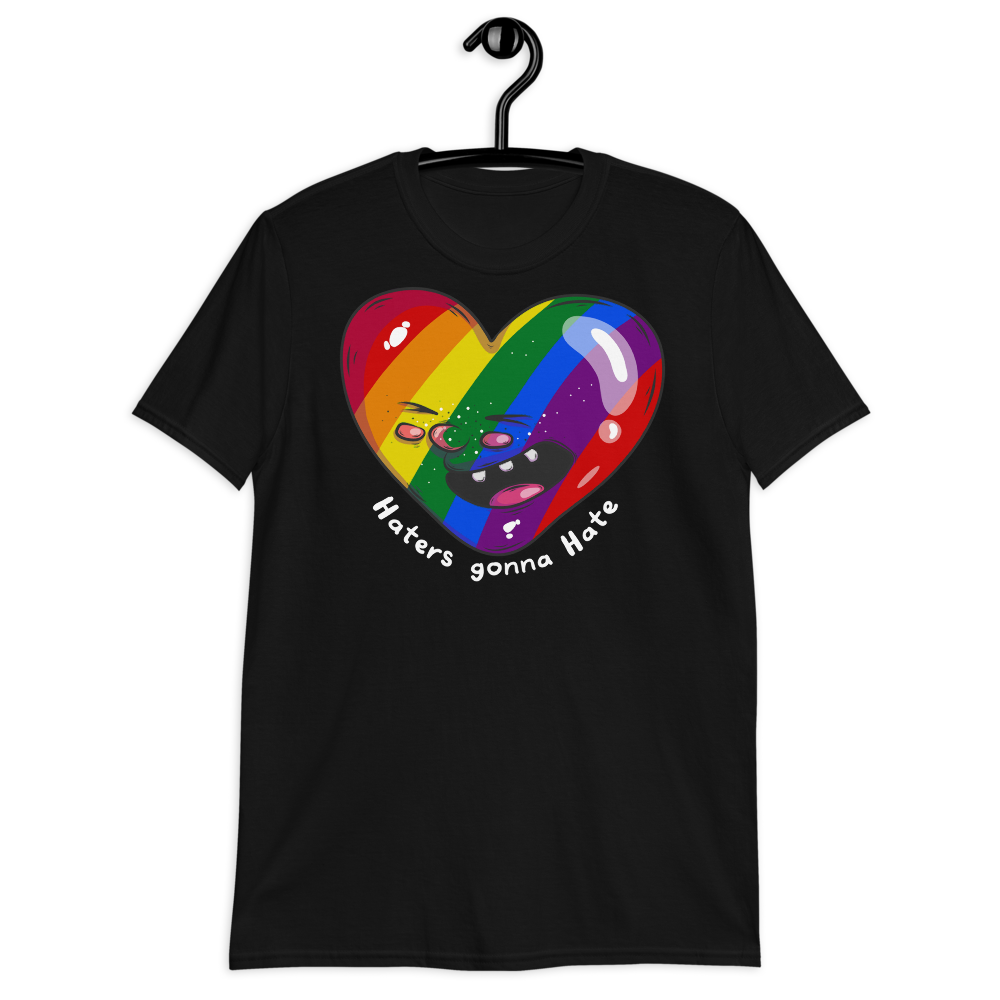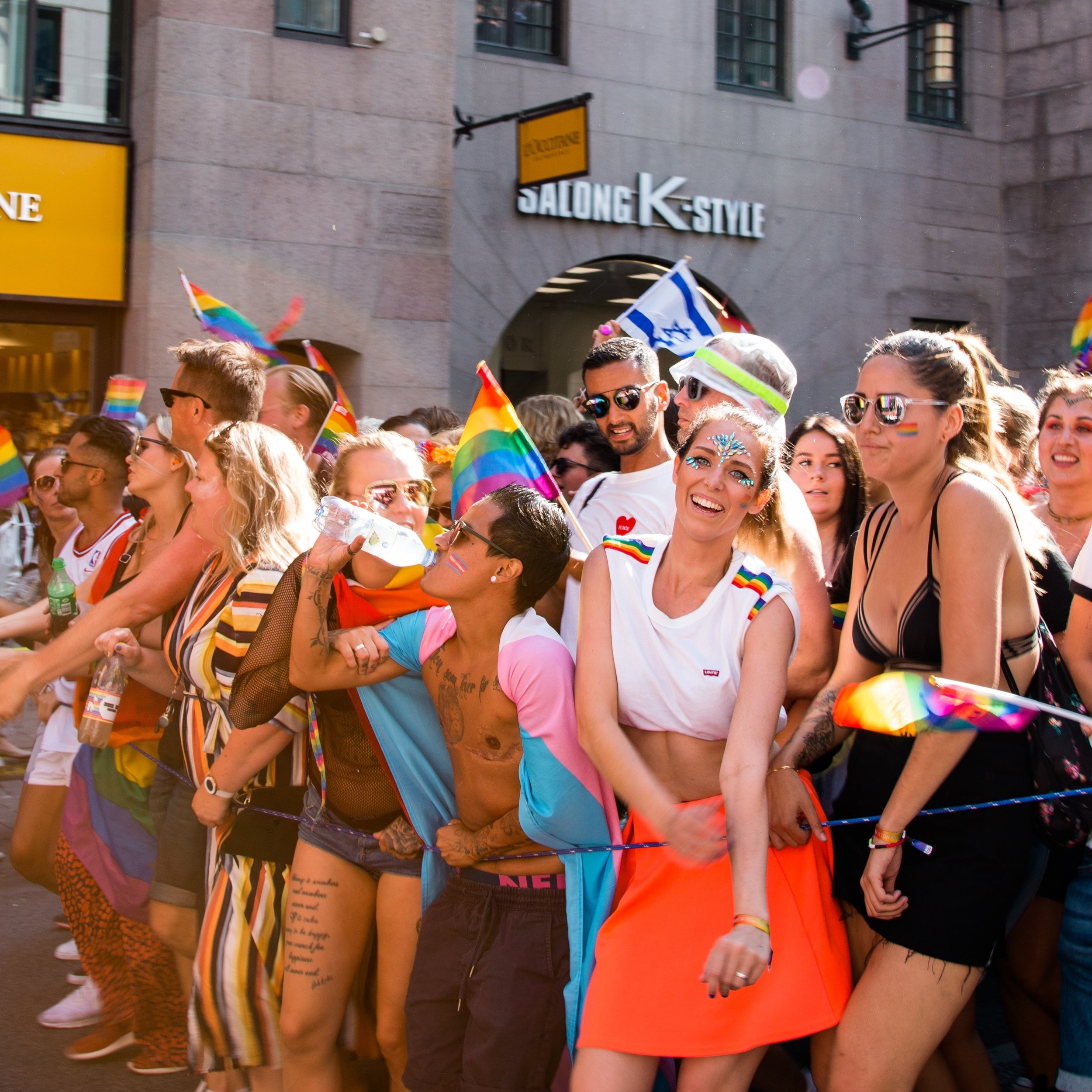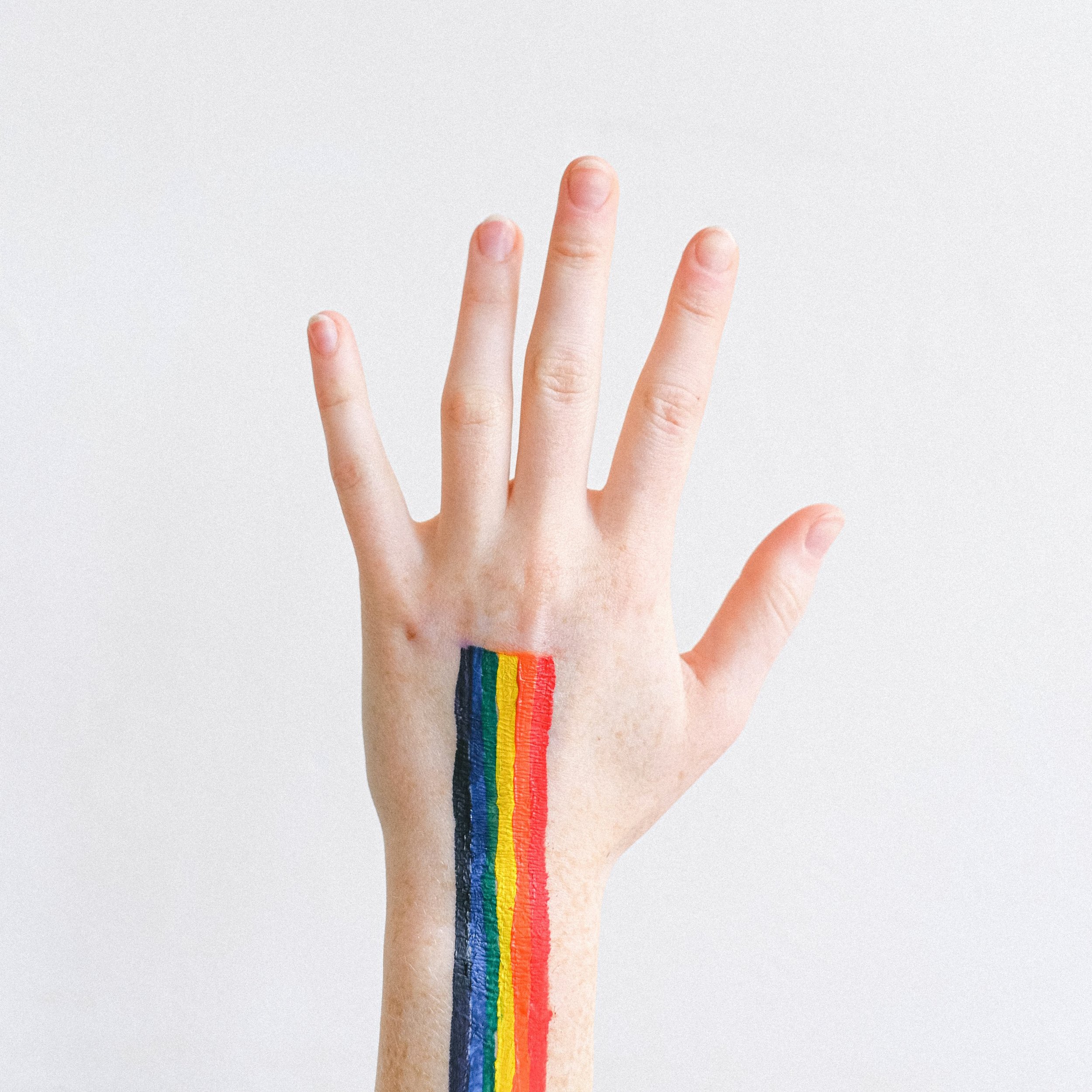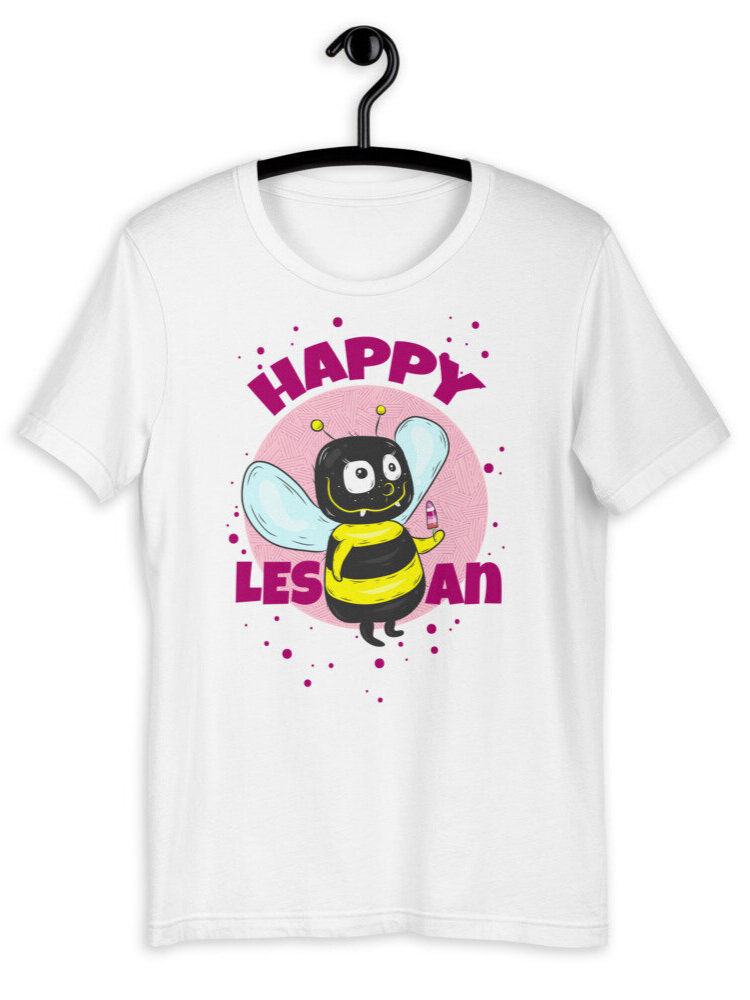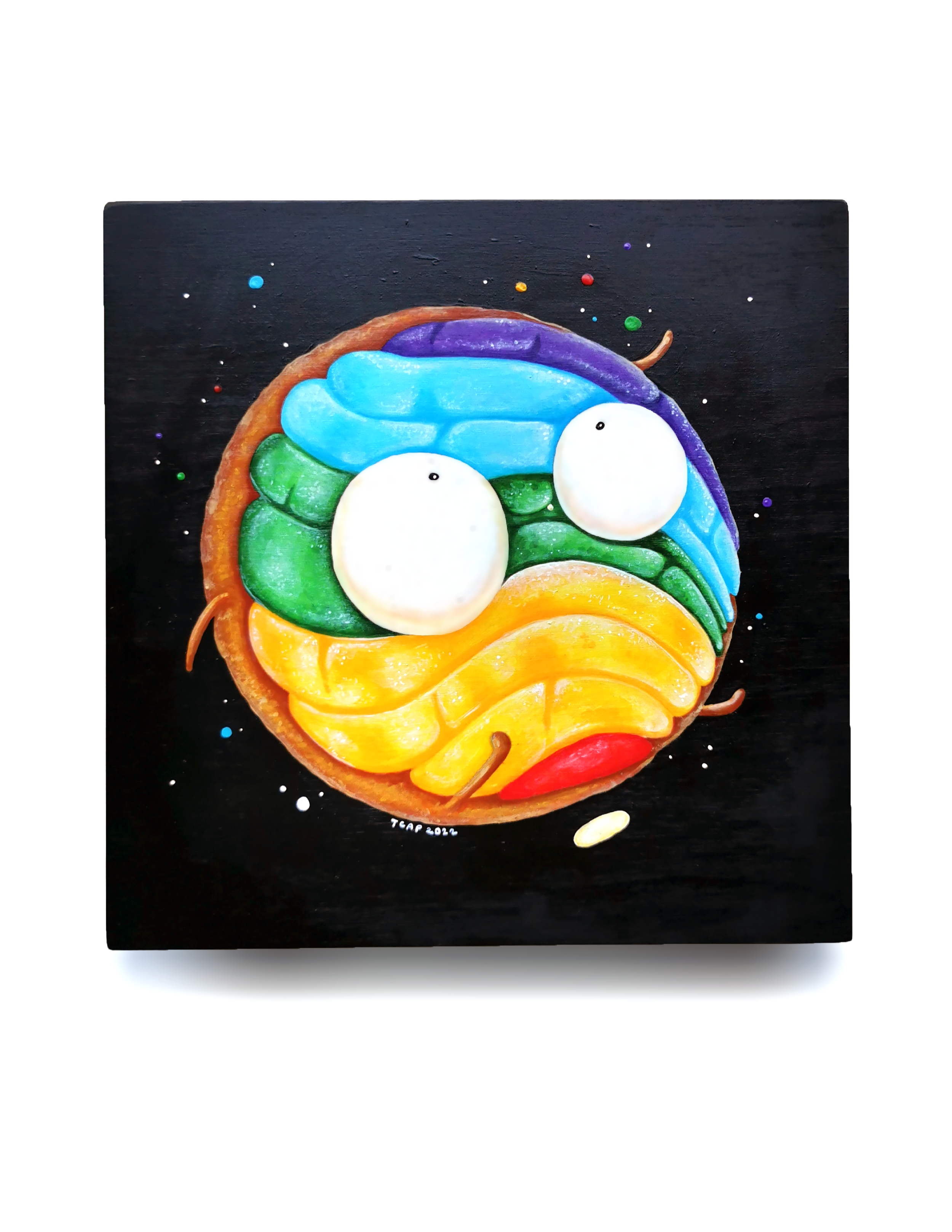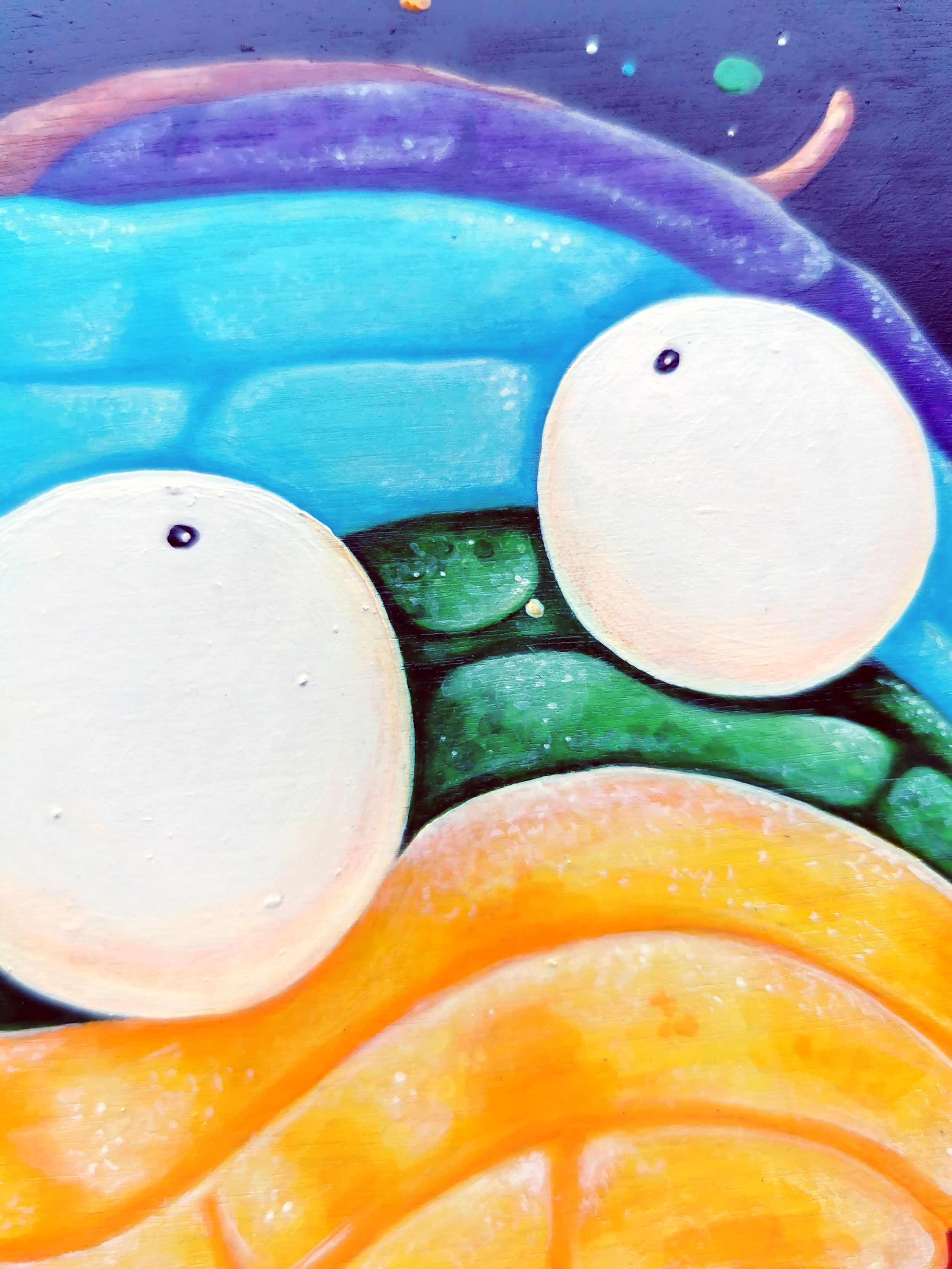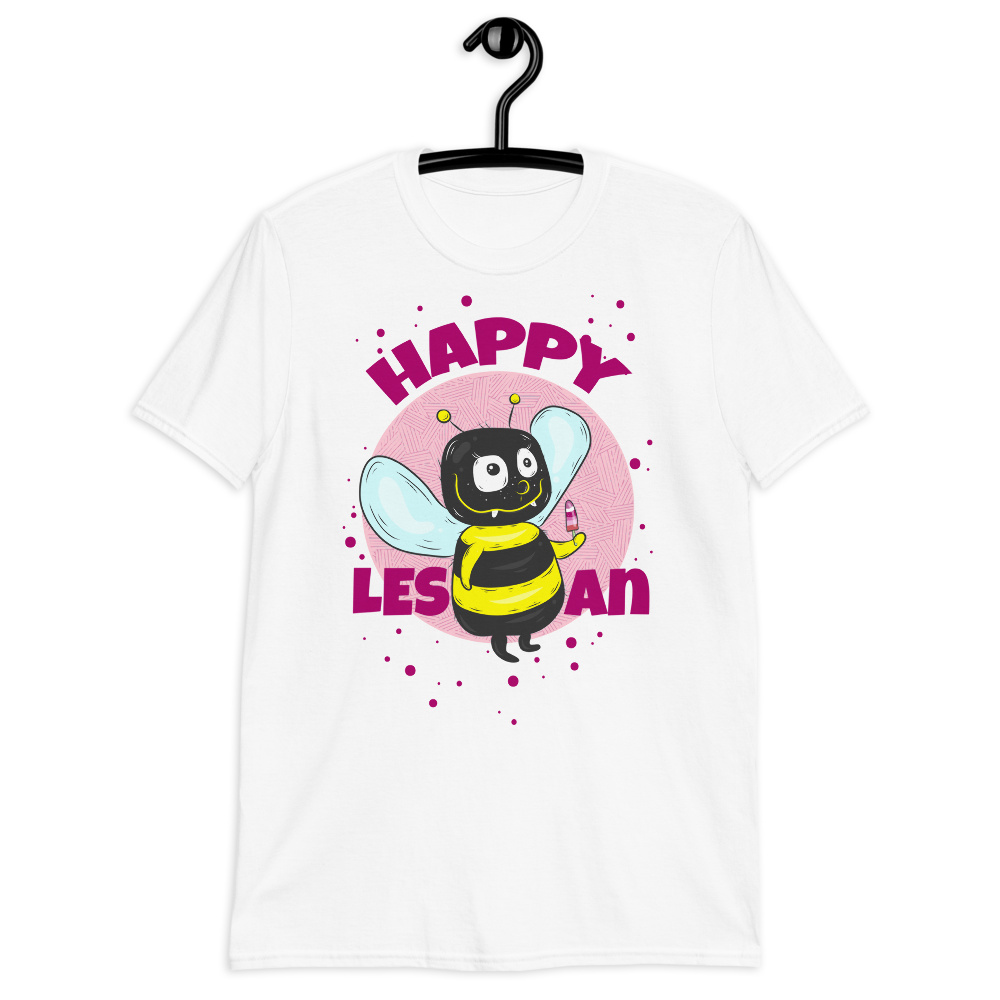Photo by Aleks Magnusson
Why do haters gonna hate? Because they're just jelly of our fabulousness!
From Catchphrase to Empowerment: The Evolutionary Journey of "Haters Gonna Hate"
In today's popular culture, the phrase "haters gonna hate" has become a ubiquitous expression of defiance and resilience.
This catchy and empowering statement has found its way into various forms of media, including music, memes, and fashion.
In this article, we delve into the history of the "haters gonna hate" phrase, tracing its origins, cultural significance, and transformation into a symbol of empowerment.
The roots of the "haters gonna hate" phrase can be traced back to African-American Vernacular English (AAVE) and hip-hop culture.
Artists like Ice-T and Public Enemy popularized the concept of dismissing negativity and criticism by emphasizing the existence of haters.
The phrase conveyed a sense of confidence and self-assurance, portraying an unwavering belief in one's abilities despite the naysayers.
In 1993, Queen Latifah, an American rapper, and actress, made the phrase "haters gonna hate" popular in her song "U.N.I.T.Y."
The song encourages female empowerment and self-love, and the term "haters gonna hate" has since been adopted as a rallying cry for those who face marginalization or discrimination.
Photo by Anete Lusina
As the phrase gained momentum, it began to spread rapidly as a meme.
Memes are shared cultural symbols that gain popularity through humor, relatability, or both.
The simplicity and catchiness of "haters gonna hate" made it a perfect candidate for memeification, and it quickly became a viral sensation, transcending its hip-hop origins and entering the mainstream lexicon.
It found its way into popular music, with artists like Taylor Swift incorporating it into their lyrics, further amplifying its cultural reach.
The phrase resonated with audiences across different backgrounds, offering a universal message of self-assurance and resilience in the face of criticism.
Many people, including celebrities, politicians, and everyday people, have used the phrase.
It has been used to express support for LGBT rights, to protest against racism and sexism, and to simply express one's individuality.
Over time, "haters gonna hate" became a symbol for individuals to express their self-confidence and assert their identity without fear of judgment.
From t-shirts to accessories, people began incorporating the phrase into fashion to reclaim their power and send a message of resilience.
It is a reminder that no matter what challenges we face, there will always be people who will try to tear us down.
But we can't let them get to us. We have to keep moving forward, and we have to keep being ourselves.
We should never let the Haters win. We should always be proud of who we are and fight for what we believe in.
Photo by Anna Shvets
Initially, I created my smiling rainbow heart t-shirt when I attended my first Pride Parade in New York to celebrate my unique personality and boost my self-esteem.
This was before I established my brand, Twocatsandpossum.
Now, I invite you to join me in disregarding negativity and embracing our individuality.


